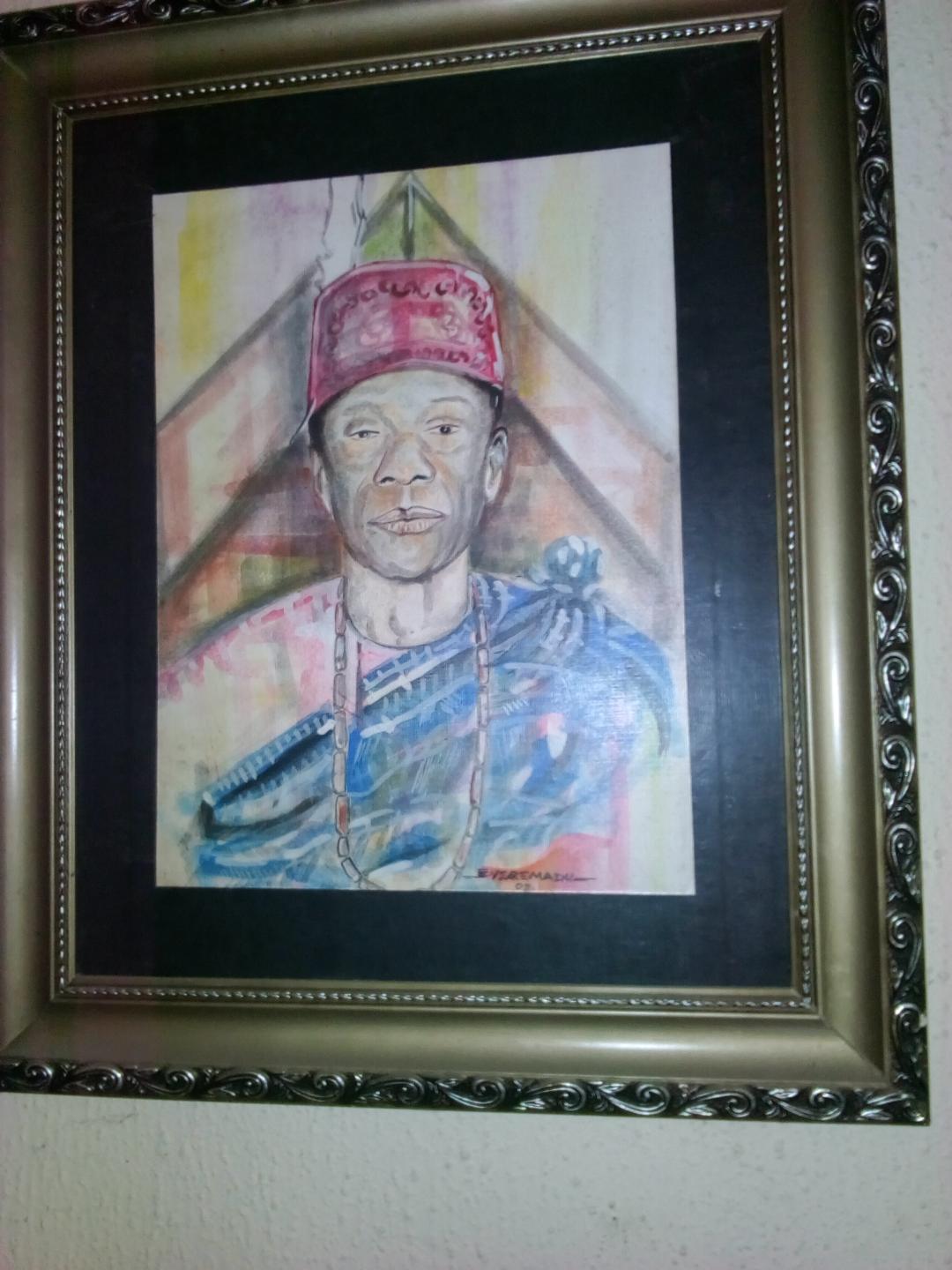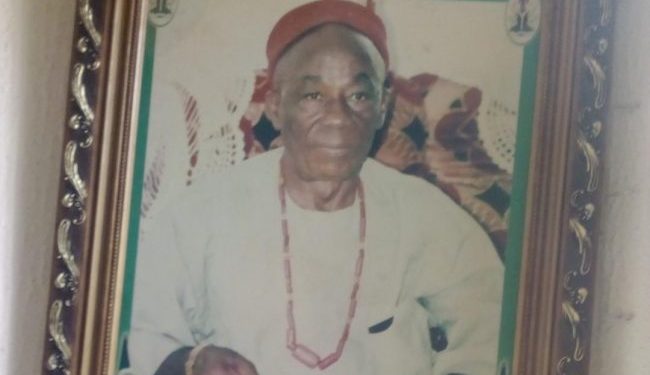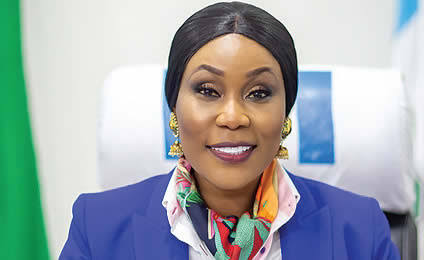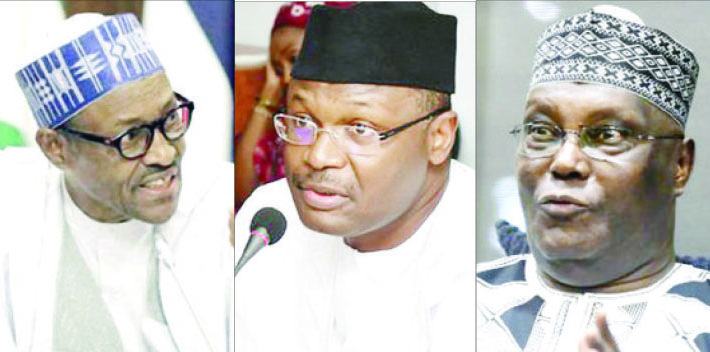Egbu is a town situated on the outskirts of Owerri, the Imo state capital but because of its closeness to Owerri, people often make the mistake of identifying it as Egbu – Owerri. It is, however, an autonomous community made up of five villages namely; Umuayalu, Mpama, Ofeuzo, Umuofor and Ishiuzo, boarded by Owerri, Awaka, Uratta and Naze. It is located along the Owerri – Umuahia road.
As an autonomous community, Egbu has its own traditions and cultures that are peculiar to it and mark it as unique. One such tradition is that its indigenes irrespective of gender, age and achievement and status neither give nor receive chieftaincy titles. In fact, Egbu, arguably can be said to be the only community in the South-East if not in the entire country that does not have traditional titled men. This may sound strange but it is a fact and a tradition that is as old as the community.
How then did it start? Was there a referendum by the community where the decision was taken that there should not be titled men in the community apart from the traditional ruler? Was the decision as a result of a problem or disagreement perhaps between some title contenders? Has there ever been a titled person in the history of the community?
The traditional ruler of the community, His Royal Highness, Eze Felix Nwanna Orisakwe – Egbukole, Ochoronma V of Egbu, told The Next Edition that the answer to all the questions posed above was a categorical no. “The issue of not giving or accepting chieftaincy titles is as old as Egbu itself. In 1896, Egbukole Okoroafor was made the first Eze Egbu even before the white men came. The community didn’t want anything that will bring enmity, quarrels, and hatred and perhaps killings; hence nobody was given any chieftaincy title and from there began the tradition of not giving or accepting traditional titles,” he said.
He noted that “there was no such thing as a referendum or conference to arrive at the decision not to give or accept chieftaincy titles. There is no record of such and even oral tradition has never mentioned such. It was more like a given, a way of life for Egbu people. They didn’t want a situation where some people will through whatever means acquire titles or occupy positions they are not qualified for.”
However, the traditional Chief Priest of the community, Chief Priest Donatus Obichere (onye ishi Otamiri), told The Next Edition that the origin of the tradition can be traced to the communities relationship with the god otamiri, predating the advent of Christianity in the community.
According to him, “before the arrival of the missionaries in 1905, Egbu community was chosen by the god otamiri (that god that dries river), as his people. He revealed himself to them as a god that abhorred evil of any kind; killing, lying, fornication, stealing, poisoning, among others and as part of the rules that would guide their relationship, he, otamiri, told the people represented by the first Chief Priest, Eke Mbeke, and the council of elders that they should not take traditional titles as that would pose problems in the community and also lead to lack of respect for the chief priest. These, he said would not go down well with him.”
Whatever the reason behind the tradition, it has become accepted by the sons and daughters of the community who have come to see it as a thing of pride and, in fact, their own ‘title’ that stands them out among their peers. Interestingly too, most of them do not know the origin or the reason behind the tradition.
For Prof. Nat Onyeagu, President General Egbu General Assembly, the origin of the tradition is not important rather what matters is that it is an accepted tradition. “It is the tradition that we met even though we don’t really know the origin but we are satisfied with it. As the President of the Egbu General Assembly it is not on our agenda to change it. If it must change, the whole community will have to take a decision on that. There will be a referendum,” he said.
Read also: SPECIAL INTERVIEW: Running a home for the elderly is fulfilling but challenging – Odusote
Mr. Eugene Ukachukwu Nwawueze, former Group Human Resources Manager, SDV, a Lagos-based Logistics Company, is equally comfortable with his community not giving out chieftaincy titles. His words, “personally, I don’t feel bad about it. Looking at what is happening in other communities around us where chieftaincy titles are conferred and accepted; you can see that the Chieftaincy institution has been bastardized.
“With regards to giving and receiving chieftaincy titles in Egbu, I would say that our forefathers had foresight. I give kudos to them. They are the first set of people I will describe as proactive managers. It was as they knew that in time to come, the chieftaincy institution will be up for sale to anybody who can afford it.
“Even though the reason why we don’t give it has not been properly defined by anybody, but it has made our community a very unique one among the communities around us.”
Mr. Reginald Akujobi – Roberts, a Lagos based Human Development expert and Fellow, Institute of Personnel Management, shares the same sentiments with his kin. According to him, he feels ‘special’ about the tradition because it is unique and places the community in a ‘special position.’ Hear him, “I feel special about it because it’s a special position. It’s very unique and it’s characteristic of our forefathers, the way they saw life.
“In the traditional society, there is stratification and that stratification for our purpose put somebody at the apex and then down the line that’s why we have the Ohas and the Okoro Ohas and the General Assembly and then the others. It is clear for us that we want to focus on one man and whatever his position, we align to that position.”
Mr. Buchi Njere, a Marketing Communications Consultant, totally supports the tradition and is proud of it. “I totally endorse it. It is very unique. Egbu is probably the only town in the whole Igboland that does not give chieftaincy titles and does not recognise as it were chieftaincy titles of its citizens (should any dare to take one from outside the community). I think that’s a very good thing, it is unique like I said in the sense that it recognises that not everybody should be ‘recognised.’
“There are other ways of recognising people other than making them chiefs because as we have seen around us everybody who can afford it can buy it and recognition should be earned rather than bought,” he said.
Has the tradition ever been challenged? His Royal Highness Eze Felix Nwanna Orisakwe – Egbukole, told The Next Edition that there had been some agitations in the past by a few people during the hay days of 419. “Yes some people in the 90s tried to have the tradition changed because they wanted to accept titles from outside the community. So there was a referendum and the question was put to all indigenes through the town unions both within and outside Nigeria whether they wanted the tradition changed and majority said no.That put an end to the agitation. It is really the wish of the people not to give or accept chieftaincy titles.”
Mr. Eugene Nwawueze, also a former President General of Egbu Town General Assembly, also threw more light on the agitation. “It got to a point during the 419 days when people were making money and most communities felt that was the fastest way to develop their areas. Some of our brothers too who had friends from some of these areas were sort of convinced that our community should be giving chieftaincy titles so that they can come and throw their money around in the community. So when they began making an issue out of the whole thing, we brought it to the General Assembly; the administrative and third tier of governance in our community made up of all Egbu Town Unions wherever they exist whether abroad or within the country.
“It was decided that the people should comment on the issue and the question; ‘do we give chieftaincy titles or not’ was posed. 99 per cent of these unions including those at home said NO to issuance and acceptance of chieftaincy titles.” He, however, explained that if an Egbu daughter marries outside the community and the husband is given a chieftaincy title by his community or any other community that would be recognised by Egbu community,” Mr. Nwawueze told The Next Edition.
Mr. Nwawueze explained further “there was a time though that one of us wanted to take it. He tried to do it by force. We wrote to the gentleman that even though we couldn’t give him any concrete reason, but it was not in our culture to take titles, therefore, he couldn’t take one. That was what we met and we have been living with it so he too has to abide by it. We also wrote to the traditional ruler that had wanted to confer the title on him that we neither give nor receive chieftaincy titles and that any traditional ruler attempting to confer a title on our indigene is indirectly confronting our traditional ruler and our community and that we would not take it lying low.
“When the traditional ruler got the message, he called off the whole thing. The issue went as far as the court. At a point, the judge handling the matter appointed three gentlemen from three neighbouring communities to investigate the issue and report back to the court. After their assignment, the men reported back to the court that from their investigations, the tradition was as old as Egbu, which meant that none of the people alive could give reasons why it was so. On that basis, the case was dismissed and the gentleman took it in good faith.”
Can the tradition ever be reversed? Eze Ochoronma V said it must be the decision of the entire community through a referendum to change the tradition. According to him, no individual, not even the traditional ruler can change that.
Chief Priest Donatus Obichere, on his part said that for the tradition to be changed, the community must get permission from otamiri. Failure to do that will spell doom for the community.
Besides the uniqueness of the tradition has the community gained anything from not giving and accepting chieftaincy titles? Again, Eze Ochoronma V said it has made Egbu a very peaceful community. Strife is reduced to the barest minimum as there are nothing like chieftaincy tussles in community. According to him, the tradition has also made the community very popular among the towns and villages around it.
Mr. Akujobi –Roberts, concurs with the Eze that the tradition has promoted peace in the community. “It removes acrimony and there is no bitterness because you know that you are not struggling for anything. We are all on a level playing field. We see ourselves as equals and then we look at age and then you become first among equals in terms of age. But we know that our Eze is the first among equals irrespective of age.”
Mr. Chiekezi Odunze, also spoke along the same line, “Egbu is an elite town where education and civilization is key. The tradition, therefore, helps to avoid class distinction of any sort and any form of bad blood among the people.”
For Prof. Onyeagu, the tradition encourages the indigenes to work hard and earn academic titles and gingers them towards contributing to community and church development in order also to earn titles from the church.
Usually, when a person is given a chieftaincy title, he or she gives something to the traditional ruler conferring the titles. This has contributed in no small way in enriching some traditional rulers. Doesn’t the traditional ruler of Egbu feel he is losing out by not giving chieftaincy titles? Eze Felix Nwanna Orisakwe – Egbukole responded, “it is true that if we were to be giving chieftaincy titles the traditional ruler will be richer for it. But for me and for our community, peace, love and unity are of greater value and importance than wealth. People, on their own depending on how well I have performed appreciate me.
“From far and near, they send me things to appreciate me. Even people who are not from Egbu, when they hear about me, my performance and our tradition, they come looking for me to appreciate me. It is all dependent on how one uses his power as a traditional ruler; if you see it as a means of acquiring wealth, you will cause problems for yourself. I am quite happy the way things are and would not change or exchange it for anything.
“I hope and pray that even after my reign, it will continue to be so because the truth is that money does not really earn you respect. What brings you respect and makes you stand out is your good name the good deeds you accomplish,” he said.
The reason behind the tradition may not be known, but the fact is what it is. Egbu is one community that stands out for not having titled men and women and the indigenes are quite happy with that. Another fact is that for the foreseeable future, the tradition will still endure.











